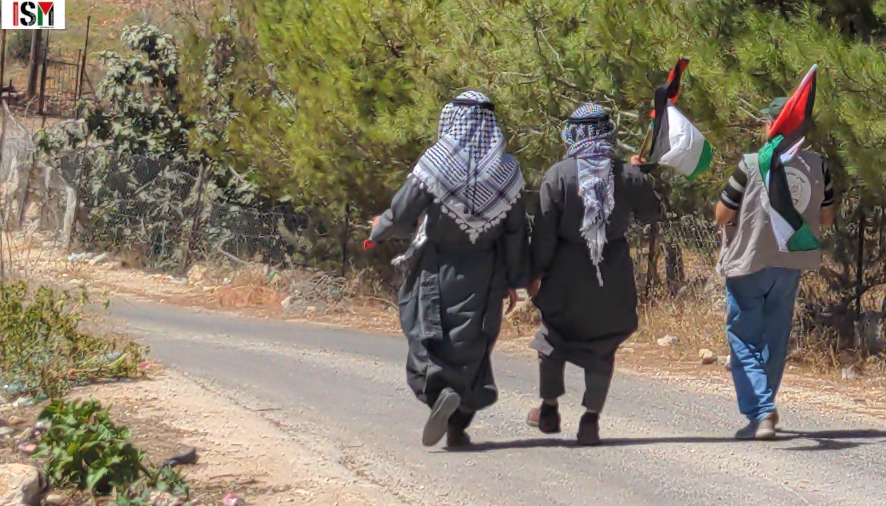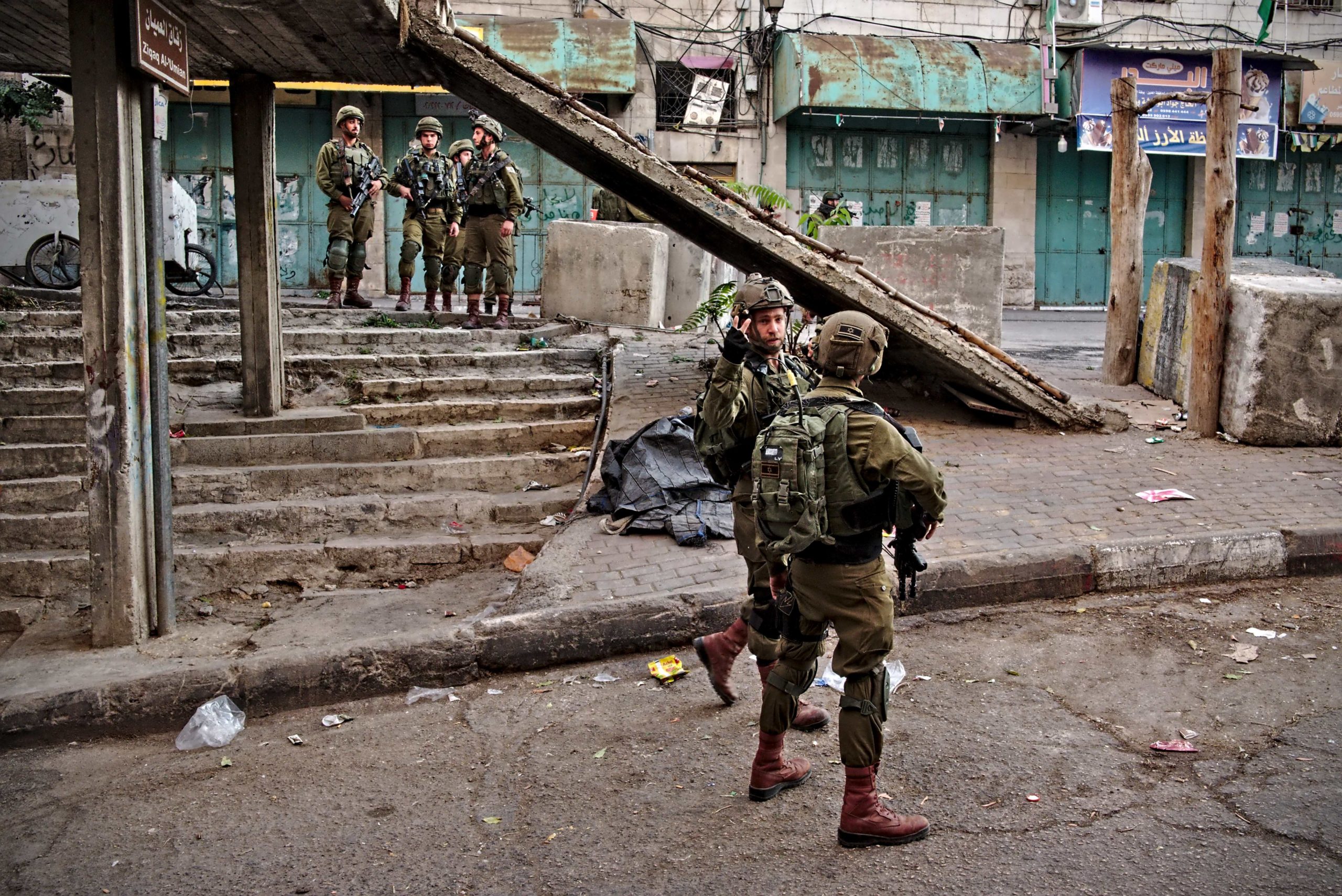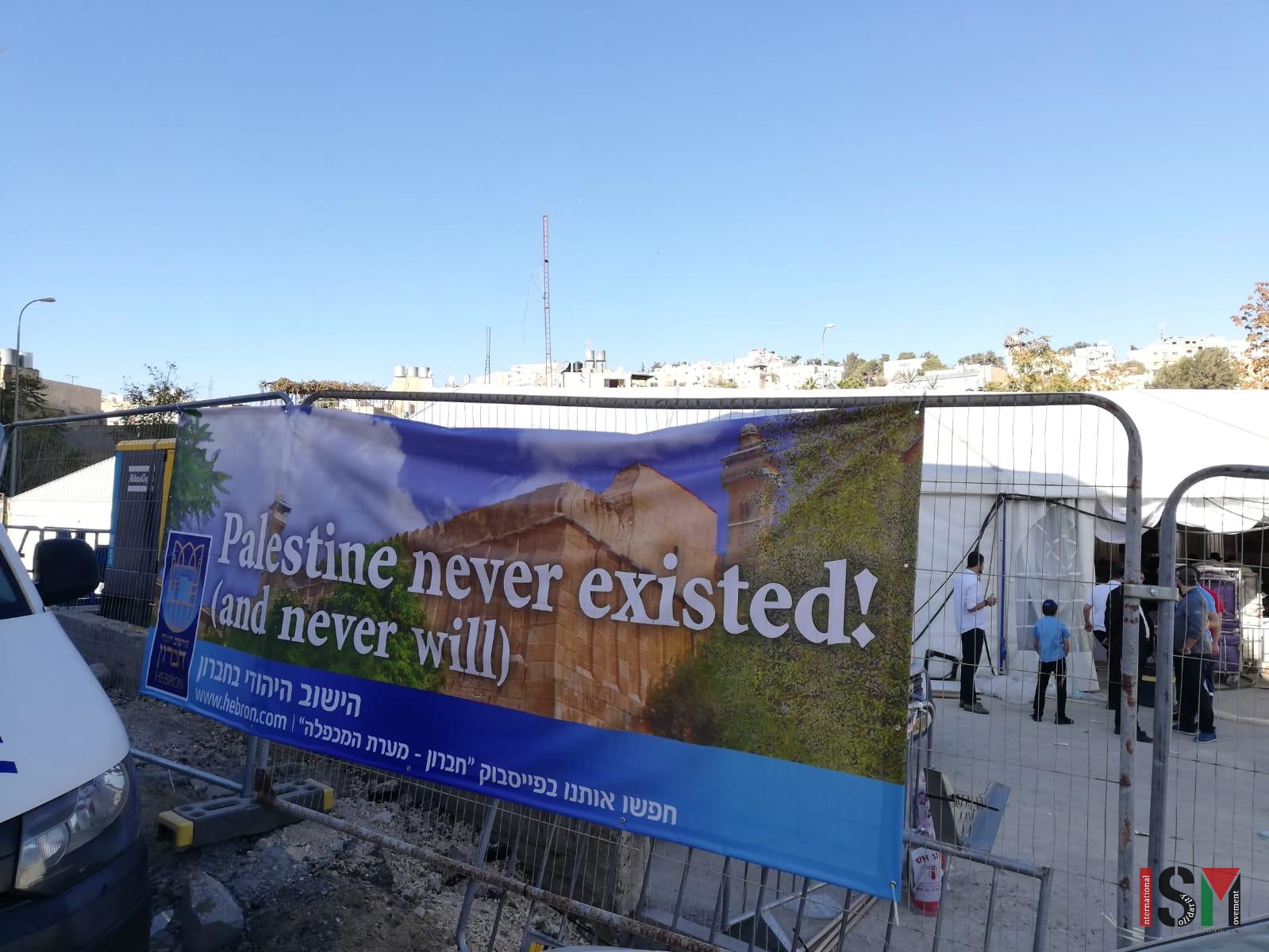Tag: illegal settlements
-
Palestinians in Qaryut reassert their right to visit their spring, despite IOF violence
On Friday 15th of September the people of Qaryut – a village between Nablus and Ramallah – held a demonstration reasserting their rights over the village spring. The village is close to the illegal settlements of Eli and Shilo, and every Friday settlers come to wash in the spring. This is a clear act of…
-
About the legitimisation of the Palestinian oppression in Al Khalil (Hebron)
Personal reflections of a ISM activist about the settlers’ violence and its related impunity in Al Khalil, West Bank. To which extent these people are allowed by the Israeli soldiers to transform a Palestinian city into their own amusement-park?
-
When holidays bring hate: Sarah’s Day in Occupied Hebron
For Palestinians living in Occupied Hebron, Sarah’s Day, a major Jewish holiday, means an increase in violent attacks by illegal Israeli settlers.



